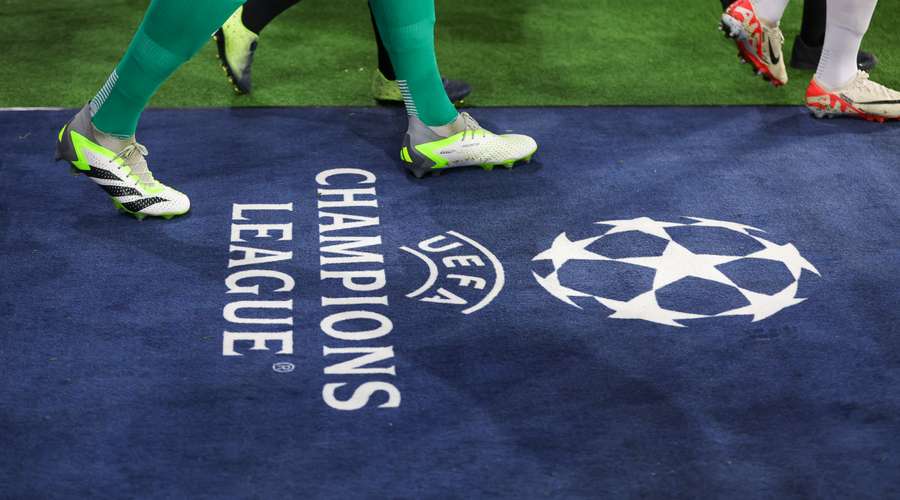Where will the four additional teams come from?
From next season there will be 36 teams taking part instead of 32, with the four extra places allocated according to league position as well as UEFA's coefficient rankings; as is currently the case for determining inclusion in the existing tournaments.
One of the four new spots will be awarded to the club that finishes third in the league ranked fifth by UEFA's coefficient, with another being awarded to a domestic champion. That will make it five teams rather than four who now qualify through the champions' path.
The other two places will be awarded to the leagues that finish in the top two of UEFA's coefficient rankings this season, with Europa League and Conference League performances also factored in.
The league phase
Under the current format, teams play home and away matches against the other three teams in their group in order to determine who progresses to the knockout stage. Starting from next season, all 36 teams in the competitions will compete in a single league. Under that new format, each of those teams will face eight of their league opponents.
In the Champions League and Europa League, teams will be ranked in four seeding pots for the draw, with each team being drawn two opponents from each pot. Four of those games will be played at home - one from each of the seeding pots - and the other four will be played away.
In the Europa Conference League, there will be six seeding pots, with each team being drawn against six opponents.

Who progresses to the knockouts?
The top eight teams from the league will progress to the last 16 of each of the competitions, while the teams ranked from ninth to 16th will face the teams that finished 17th to 24th in a knockout play-off. The eight clubs that win their knockout play-offs will progress to the round of 16, where they will face the top-eight finishers.
The teams that finish outside the top 24 will be eliminated from the competition.
From the round of 16 onwards, the format of the competition remains the same.
"UEFA has clearly shown that we are fully committed to respecting the fundamental values of sport and to defending the key principle of open competitions, with qualification based on sporting merit, fully in line with the values and solidarity-based European sports model," said UEFA president Aleksander Čeferin.
"I am really pleased that it was a unanimous decision of the UEFA Executive Committee, with the European Club Association, European Leagues and national associations all agreeing with the proposal made. Another proof that European football is more united than ever."




